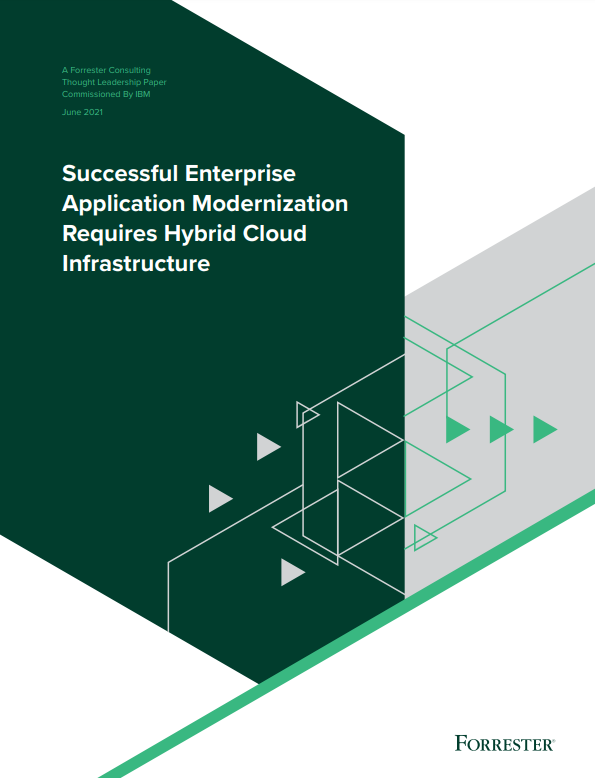Google adds two universities to Australian quantum computing initiative
This is part of the $1 billion it invested in Australia last November, and the tech giant hopes to explore fundamental questions about the nature of quantum computing


Google has bolstered its Australian quantum computing initiative by adding two new universities to the programme while expanding its investments with two others.
The tech giant announced in November 2021 that it was deepening its investment in quantum computing under the Digital Future Initiative, a $1 billion investment into Australian infrastructure, research, and partnerships that aims to help build the country’s digital economy for the future. Through the investment, it launched Google Research Australia.
As part of this, the tech giant is expanding its investment in quantum computing research with Macquarie University (MQ) and the University of Technology (UTS), it said today. It’s also launching new partnerships with the University of Sydney (USYD) and UNSW Sydney (UNSW).
“This collaborative research will help tackle issues of global significance and will span the gamut from quantum algorithms and quantum hardware research,” said Hartmut Neven, engineering vice president of the Google AI Quantum Team. “Teams will look into ways to make quantum computing useful and usable, exploring application fields like sensing, communications and materials science – which have the potential to change how we interact with our world.”
Through the Digital Future Initiative, the company is looking to boost quantum algorithm work in several areas:
- Macquarie University’s professor Dominic Berry will look at developing algorithms that could be used to design a more efficient process to produce fertiliser – or to design faster charging, longer range batteries for electric cars.
- UNSW’s professor Susan Coppersmith is researching the properties of materials on an atomic scale
- Associate Professor Ivan Kassal, from the University of Sydney, will aim to develop new quantum algorithms for simulating chemical reactions, to better understand how pollution affects our atmosphere and ecosystems.
- Professor Bremner from UTS will explore mathematical structures to speed up computation with quantum computers.
The tech giant also revealed it’s building its quantum research team based in Sydney, which includes its newly-appointed quantum computing scientist, Marika Kieferova. Kieferova will help to coordinate these projects and represent the quantum research team locally in Australia. Google hopes the investment will allow it to explore fundamental questions about the nature of quantum computing and help it progress towards scalable quantum computing.
RELATED RESOURCE

Successful enterprise application modernisation requires hybrid cloud infrastructure
Optimise business outcomes with a secure and reliable modern infrastructure
Google isn’t the only big tech company collaborating with universities in the field of quantum computing in Australia. In April, AWS made the Australian National University’s (ANU) ANU Quantum Numbers (AQN) generator available on its platform. This was said to be the world’s most popular and powerful online random number generator which had been running out of ANU’s campus for the last ten years.
Sign up today and you will receive a free copy of our Future Focus 2025 report - the leading guidance on AI, cybersecurity and other IT challenges as per 700+ senior executives
Furthermore, the Australian government invested $111 million (£60 million) in quantum technology last November. This was part of a national strategy to secure critical technologies for the country’s future. Quantum technologies were identified as one of the government’s nine technologies for initial focus as part of its Blueprint and Action Plan for Critical Technologies.
Zach Marzouk is a former ITPro, CloudPro, and ChannelPro staff writer, covering topics like security, privacy, worker rights, and startups, primarily in the Asia Pacific and the US regions. Zach joined ITPro in 2017 where he was introduced to the world of B2B technology as a junior staff writer, before he returned to Argentina in 2018, working in communications and as a copywriter. In 2021, he made his way back to ITPro as a staff writer during the pandemic, before joining the world of freelance in 2022.
-
 UK firms are pouring money into AI, but they won’t see a return on investment unless they address these key issues
UK firms are pouring money into AI, but they won’t see a return on investment unless they address these key issuesNews An SAP report projects increased AI investment, but cautions that too many organizations are taking a fragmented approach
-
 Intel makes high-level hires while factory workers are warned of layoffs
Intel makes high-level hires while factory workers are warned of layoffsNews The company is appointing four senior executives as part of efforts to refocus on engineering and customer relationships
-
 UiPath names Simon Pettit as new AVP for UK and Ireland
UiPath names Simon Pettit as new AVP for UK and IrelandNews The seasoned leader will spearhead region-specific transformation projects as UiPath looks to drive operational growth and customer engagement
-
 How to empower employees to accelerate emissions reduction
How to empower employees to accelerate emissions reductionin depth With ICT accounting for as much as 3% of global carbon emissions, the same as aviation, the industry needs to increase emissions reduction
-
 Worldwide IT spending to grow 4.3% in 2023, with no significant AI impact
Worldwide IT spending to grow 4.3% in 2023, with no significant AI impactNews Spending patterns have changed as companies take an inward focus
-
 Report: Female tech workers disproportionately affected by industry layoffs
Report: Female tech workers disproportionately affected by industry layoffsNews Layoffs continue to strike companies throughout the tech industry, with data showing females in both the UK and US are bearing the brunt of them more so than males
-
 How can small businesses cope with inflation?
How can small businesses cope with inflation?Tutorial With high inflation increasing the cost of doing business, how can small businesses weather the storm?
-
 How to deal with inflation while undergoing digital transformation
How to deal with inflation while undergoing digital transformationIn-depth How can organizations stave off inflation while attempting to grow by digitally transforming their businesses?


